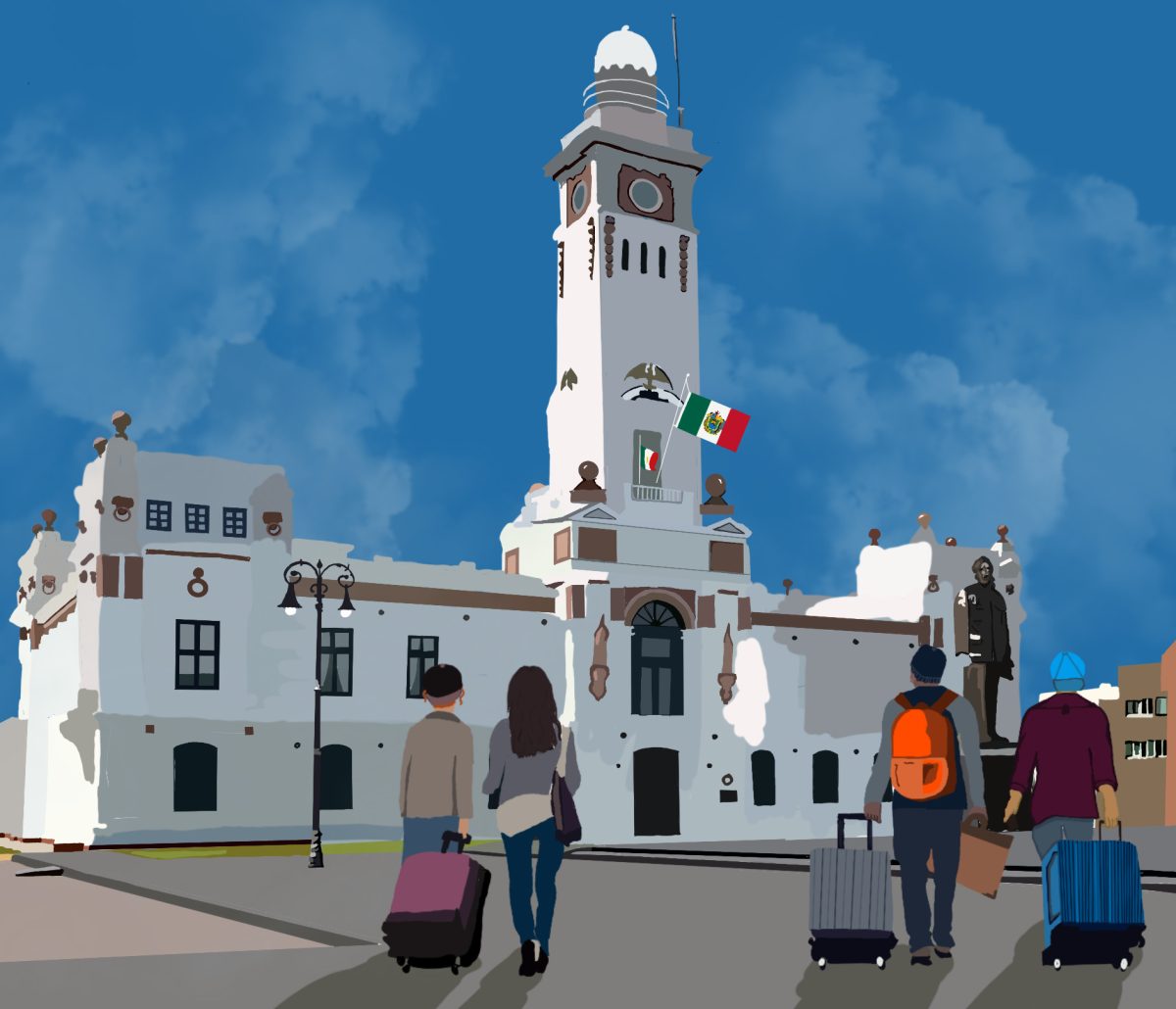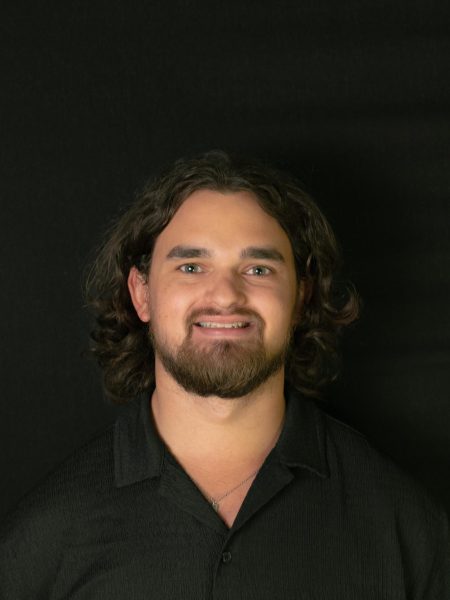Late last summer, a group of professors from UTSA and St. Philip’s College (SPC) were awarded the United States Department of Agriculture (USDA) Collaborative Hispanic Serving Institutions (HSI) Education Grant. This grant, along with a partnership with a San Antonio non-profit called Terra Advocati, helped create the Coalition for Regenerative Ecologies and Agriculture (CREA). This program offers fully funded experiences to students of both institutions in the form of internships, fellowships and study-abroad opportunities.
The grant was awarded to UTSA’s Dr. Amilia King-Kostelac, an assistant professor of practice in integrative biology, Dr. Kenneth Walker, an associate professor in English, Dr. Jennifer Smith, an assistant professor in integrative biology and Marissa Ramirez, a faculty member at SPC in Mexican American studies.
“The CREA is designed to be a transdisciplinary project,” King-Kostelac said. “That means that it is led by faculty that are coming from different areas of expertise, which include Mexican American studies and English communication and rhetoric, particularly in environmental communication, risk communication, urban ecology, wildlife diversity and a variety of other field work.”
The study abroad program will run through the first five-week session in the summer. Students chosen to participate will first have a couple of weeks of preparation in San Antonio and then go to Veracruz, Mexico, for approximately four weeks.
“[This program] provides [students at UTSA and SPC] with experiences that are both going to be relevant and help them get where they are going,” King-Kostelac said.
Students will gain knowledge and skills in regenerative agriculture, the benefits of regenerative agriculture related to wildlife biodiversity, community-engaged methodologies and field and digital methods.
The CREA program is funded through the USDA Collaborative HSI Education Grant, which allows this study abroad program to be fully funded to the students who are chosen to participate.
“There have historically been so many obstacles for the participation of students of color and working-class students in study abroad programs,” Ramirez said when asked about why the grant was needed. “We wanted to make sure that we can offer an opportunity for these students to participate in this type of program.”
Participation requirements for students in this program include a 3.0 GPA, proof of being a U.S. citizen or permanent resident, 12 cumulative academic credits, a commitment to attending in-country exchanges, a commitment to producing and/or contributing to research projects and enrolment as a part-time or full-time undergraduate or graduate student at UTSA or SPC.
“[The program] is open to a really broad array of majors,” King-Kostelac said. “USDA is obviously an agricultural organization, but they do conceive agriculture as a very big tent, and so the acronym that I can tie this back to is they are looking to prepare students for careers FARNE, which stands for food, agriculture, natural resources and ecology.”
“Environmental regeneration is the work of our generation,” Terra Advocati Executive Director Jess Mayes said. “There is so much to do and I think it is important to inspire students from every discipline, it is going to take engineers, it is going to take scientists, it is going to take data scientists, it is going to take people from across the board to be able to solve one of the largest problems that we have ever faced as a species.”
The partnership between CREA and Terra Advocati was established to keep the focus on and seek an innovative approach to creating collaborative exchanges between the United States and Mexico that are focused on various aspects of regenerative systems that are all intricately interwoven within historical, cultural and community contexts.
This study abroad program is shorter than most other programs offered, but it is packed with education and experiences that are, again, fully funded.
“No, [students] are not going to have to pay extra,” Mayes said when asked about extra experiences and entertainment. “There will be a lot of exploring around the lake, some nature hikes and things. We are going to visit an ecological reserve, take some panga boats into the Gulf of Mexico to check out some sheer cliffs, we’re going to be swimming in some waterfalls and some beautiful springs and we’ll be doing a fandango with some local artists and musicians. We are going to have a guy talk to us and go on one of the hikes with us who grew up in the area and is really in tune with the pre-Hispanic indigenous culture there, as well as touring through coffee country and sampling some amazing coffee.”
“It is a fairly self-contained trip and there are a lot of things to do that are free just by going outside the dormitories,” Ramirez added. “Being able to immerse yourself in ways of thinking, all of these different aspects of society and talking to the people who live it and breathe it.”
“We have an application portal that is accessible through our website,” King-Kostelac said. “It will be a competitive application process and we are looking for students who have a clear vision of how this program is going to help them accomplish what they want to do professionally in the future.”
“[This program] might invite students to shift their lens through which they understand their world and through which they are understanding their own career path,” Ramirez said.
To apply for the Study Abroad program and learn more about CREA, visit https://sciences.utsa.edu/integrative-biology/crea/study-abroad.html.









